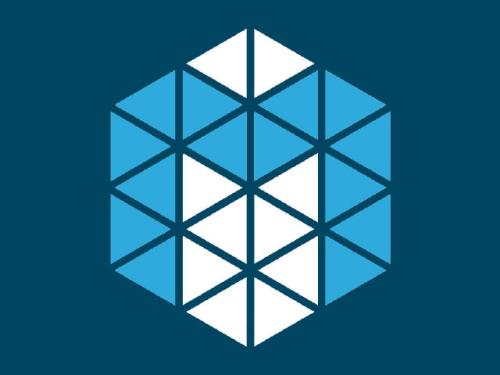Recent breakthrough technological progressions of powerful mobile computing resources such as low-cost mobile GPUs along with cutting-edge, open-source software architectures have enabled high-performance deep learning on mobile platforms. These advancements have revolutionized the capabilities of today's mobile applications in different dimensions to perform data-driven intelligence locally, particularly for smart health applications. Unlike traditional machine learning (ML) architectures, modern on-device deep learning frameworks are proficient in utilizing computing resources in mobile platforms seamlessly, in terms of producing highly accurate results in less inference time. However, on the flip side, energy resources in a mobile device are typically limited. Hence, whenever a complex Deep Neural Network (DNN) architecture is fed into the on-device deep learning framework, while it achieves high prediction accuracy (and performance), it also urges huge energy demands during the runtime. Therefore, managing these resources efficiently within the spectrum of performance and energy efficiency is the newest challenge for any mobile application featuring data-driven intelligence beyond experimental evaluations. In this paper, first, we provide a timely review of recent advancements in on-device deep learning while empirically evaluating the performance metrics of current state-of-the-art ML architectures and conventional ML approaches with the emphasis given on energy characteristics by deploying them on a smart health application. With that, we are introducing a new framework through an energy-aware, adaptive model comprehension and realization (EAMCR) approach that can be utilized to make more robust and efficient inference decisions based on the available computing/energy resources in the mobile device during the runtime.
翻译:与传统的机器学习(ML)架构不同,现代的、先进的深层次学习框架熟练地利用移动平台中的计算机资源,在较不可靠的时间里产生非常准确的结果。然而,从反面看,移动装置中的能源资源通常有限。因此,每当复杂的深神经网络(DNN)架构被输入到在线深学习框架时,这些进步使当今移动应用程序在不同层面的能力发生革命,以便在当地进行数据驱动的智能智能智能应用,特别是智能健康应用。与传统的机器学习(ML)架构不同,现代的、现代的深层次学习框架在利用移动平台中的计算资源时,与传统机能学(MMNN)架构不同,高效地管理这些资源是任何移动应用模式面临的最新挑战,因为数据驱动的智能方法比实验性强得多。在本文中,我们及时审查移动装置中的能源资源进展。 每当复杂的深层学习框架被输入到在线深层次的深度学习中,尽管它实现了高预测准确性(和性),它也敦促在运行期间对能源需求的巨大需求进行高效管理,因此,我们可以通过常规的模型来进行快速的能源应用。


